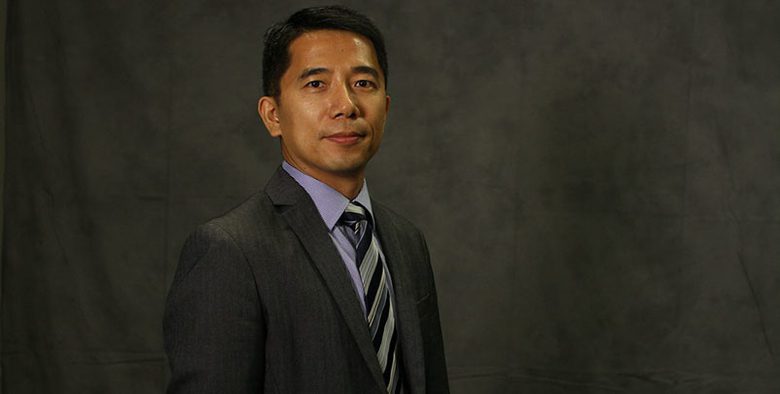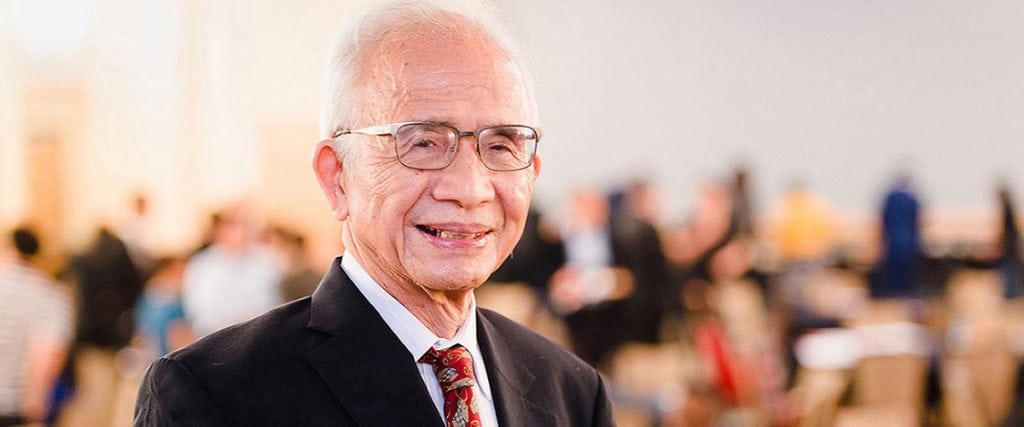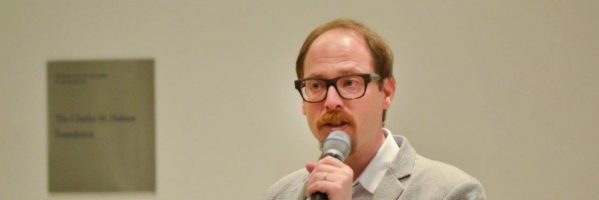Energy Conservation, Healthcare Struggles, and More – New York News

Let’s explore some of the most interesting stories that have emerged from New York business schools this week.
Do as Your Neighbor Does? Neighbors Caring about the Environment Makes You More Likely to Conserve – Columbia Business School
When it comes to interpersonal decisions, group elements often become a heavy factor, including with conservation.
Columbia Business School Professor Adam Galinsky recently co-authored a new study in Nature Human Behaviour that may offer insight into how to affect meaningful changes toward climate conservation.
By focusing on “second-order normative beliefs,” the researchers illuminate that when it comes to topics like energy conservation, for instance, “what people believe their community members care about is an important predictor of individual conservation behavior, above and beyond people’s own beliefs about energy conservation.”
Galinsky explains, “The evidence shows that policymakers can’t simply ask people to reduce, reuse, and recycle. In fact, trying to reach people with subsidies for environmentally-friendly decision-making can backfire. Instead, the roadmap to improving perceptions of conservation starts with reminding individuals that their neighbors care about it. It’s important to shift the focus from trying to change what people believe to reinforcing what their friends believe.”
You can learn more about the research here.
Faculty Snapshot: Finding a Remedy for Health Care’s Struggles – Rutgers Business School News
The Rutgers Business School recently profiled Assistant Professor of Supply Chain Management and Program Director for the Masters of Science in Healthcare Services Management, Xin (David) Ding, whose research studies “potential ways to increase hospital revenues through process coordination, patient involvement, and the cultivation of a patient safety environment.”

Professor Xin (David) Ding / Photo via business.rutgers.edu
The recent profile in Rutgers Business School News reads:
“While physicians and nurses traditionally have been trained to take care of clinical needs from patients, they don’t necessarily know how to manage operations and businesses well. With the transition from volume-based care to value-based care, supply chain concepts can help care providers maximize value through the optimization of their resource allocations.”
You can read more from the profile here.
In the Future, Everyone Will Be Able to Make Robots – Stevens Institute of Technology SOB News
The Stevens Institute of Technology President’s Distinguished Lecture Series recently hosted prominent robotics and AI researcher Daniela Rus who “challenged the audience to rethink conventional notions of robots.”
“Imagine the limitless possibilities that could arise from the ability to create the machines that can help save lives, improve the quality of life, or transport us to places we cannot go to on our own,” she notes.
“Right now we have the ability to use our technologies, coupled with interesting interfaces, to enable much more extensive capabilities. And while, today, we can begin to use natural language to program machines, how far can we go in connecting us directly to the machine?”
You can learn more about Rus’ research here.
3D Printing Research, Success Without Passion, and More – New York News

Let’s explore some of the most interesting stories that have emerged from New York business schools this week.
Award-Winning Paper Explores How Designers Innovate in 3D Printing Communities – Stevens Institute of Technology SOB News
In a new paper from Gaurav Sabnis, Stevens Institute of Technology School of Business Assistant Professor of Marketing, Associate Dean of Research Dr. Jeffrey Nickerson, and the University of Navarra’s Dr. Harris Kyriakou “examines knowledge reuse in 3D printing communities [where] makers often iterate on designs created by other users to create refined products.”
According to the Stevens Institute of Technology SOB News article, “the professors looked at frequently reused designs and found a few clear signals in what helps designs get shared—from a designer’s level of experience, to the amount of information she included about her designs.”
The trio’s research is among the first to properly survey 3D printing communities and it could have only happened in the interdisciplinary incubator that is Stevens. Dr. Sabnis writes, “Stevens has a great culture that leads to more interdisciplinary research. I’m excited to do the kinds of research that creates real-world solutions for businesses in the digital age.”
You can read more about the 3D printing research from Stevens here.
Reviving Grit: Columbia Business School Study Finds That In Pursuit of Success, Dedication Falls Short Without Passion – Columbia Business School News
In a new PNAS study, Columbia Business School and Frankfurt School of Finance & Management researchers found that grit “without the clear sense of direction that passion provides does not propel people forward.”
Columbia Professor and co-author Adam Galinsky writes, “We were not surprised to find that dogged dedication to an objective – without a true passion for the goal – is mere drudgery.”
“But until now, research on grit failed to factor in the propulsive force that animated grit’s perseverance. By properly incorporating passion into the grit equation, we now have evidence that people who are passionate for their goal and persevere towards it will reach higher heights.”
You can find Why Grit Requires Perseverance and Passion to Positively Predict Performance here, and discover more fro the Columbia Business School News article here.
Where Professors Share Knowledge on Issues in Finance, Economics and Accounting – Rutgers Business School News
The Livingston Student Center recently hosted the annual Conference on Pacific Basin Finance, Economics, Accounting, and Management, which was founded by Rutgers Business School Distinguished Professor of Finance and Economics Cheng-Few Lee at the business school in 1992.

Rutgers Business School Distinguished Professor of Finance and Economics Cheng-Few Lee / Photo via business.rutgers.edu
The conference assembles “finance professors from around the world” to absorb “research on a variety of issues, from financial applications of parallel processing to the ethics of cryptocurrency.”
According to the Rutgers Business School News article, “Many of the conference speakers were Professor Lee’s former colleagues or students, including professor Yong Shi, who is one of 13 advisors to China’s premier, [and] delivered a keynote address on big Data Mining and Knowledge Management.”
You can read more about the event here.
Columbia Prof Explains Overcoming Insecurity in TED Talk

Columbia Business School published an article that reviews the work of Vikram S. Pandit Professor of Business at Columbia and “negotiations expert” Adam Galinsky on how to “increase [your] power, overcome insecurity and boost [your] assertiveness in public settings.”
